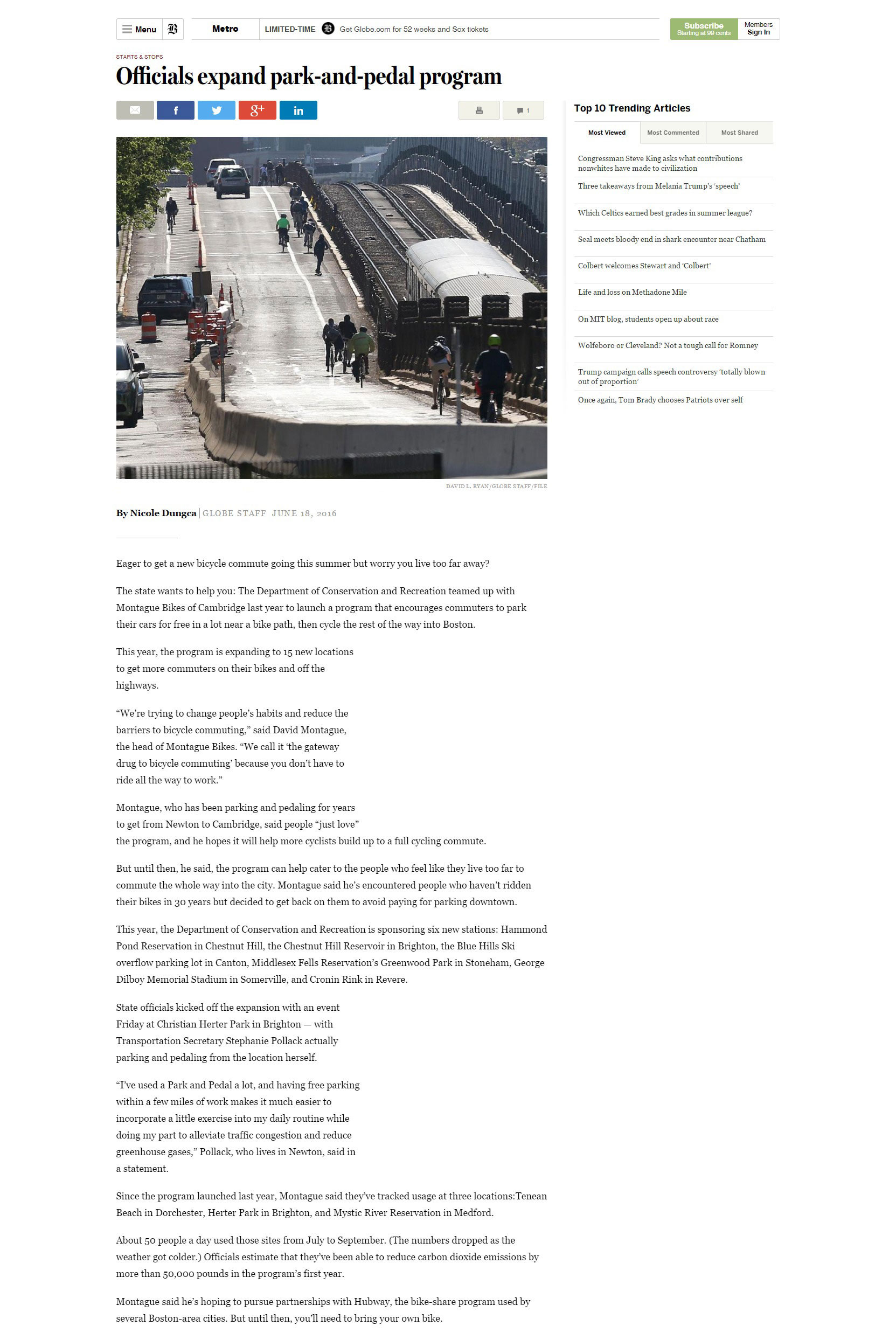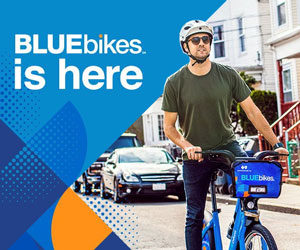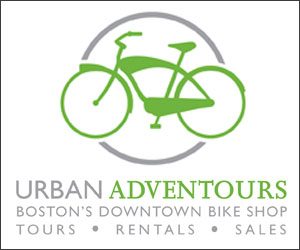
Officials expand park-and-pedal program
The state Department of Conservation and Recreation has opened six new locations as part of the park-and-pedal program.
By Nicole Dungca GLOBE STAFF JUNE 18, 2016
Eager to get a new bicycle commute going this summer but worry you live too far away?
The state wants to help you: The Department of Conservation and Recreation teamed up with Montague Bikes of Cambridge last year to launch a program that encourages commuters to park their cars for free in a lot near a bike path, then cycle the rest of the way into Boston.
This year, the program is expanding to 15 new locations to get more commuters on their bikes and off the highways.
“We’re trying to change people’s habits and reduce the barriers to bicycle commuting,” said David Montague, the head of Montague Bikes. “We call it ‘the gateway drug to bicycle commuting’ because you don’t have to ride all the way to work.”
Montague, who has been parking and pedaling for years to get from Newton to Cambridge, said people “just love” the program, and he hopes it will help more cyclists build up to a full cycling commute.
But until then, he said, the program can help cater to the people who feel like they live too far to commute the whole way into the city. Montague said he’s encountered people who haven’t ridden their bikes in 30 years but decided to get back on them to avoid paying for parking downtown.
This year, the Department of Conservation and Recreation is sponsoring six new stations: Hammond Pond Reservation in Chestnut Hill, the Chestnut Hill Reservoir in Brighton, the Blue Hills Ski overflow parking lot in Canton, Middlesex Fells Reservation’s Greenwood Park in Stoneham, George Dilboy Memorial Stadium in Somerville, and Cronin Rink in Revere.
State officials kicked off the expansion with an event Friday at Christian Herter Park in Brighton — with Transportation Secretary Stephanie Pollack actually parking and pedaling from the location herself.
“I’ve used a Park and Pedal a lot, and having free parking within a few miles of work makes it much easier to incorporate a little exercise into my daily routine while doing my part to alleviate traffic congestion and reduce greenhouse gases,” Pollack, who lives in Newton, said in a statement.
Since the program launched last year, Montague said they’ve tracked usage at three locations:Tenean Beach in Dorchester, Herter Park in Brighton, and Mystic River Reservation in Medford.
About 50 people a day used those sites from July to September. (The numbers dropped as the weather got colder.) Officials estimate that they’ve been able to reduce carbon dioxide emissions by more than 50,000 pounds in the program’s first year.
Montague said he’s hoping to pursue partnerships with Hubway, the bike-share program used by several Boston-area cities. But until then, you’ll need to bring your own bike.
MIT employees ride the T for free
Massachusetts Institute of Technology employees will soon see a new perk: free rides on the T’s subways and buses.
Under its new “Access MIT” program, the school will offer free subway and bus rides to its workers by embedding CharlieCard chips onto employee identification cards. The benefit is one of several new perks the school is rolling out, including an increased subsidy for commuter rail and parking at MBTA stations.
Julie Newman, the university’s director of sustainability, said MIT is eager to help its employees take advantage of all the different modes of transportation.
“We’ve grown into a community where there are multiple ways of getting to campus,” said Newman.
“There’s Hubway, there’s
Bridj, there’s private transit, there’s public transit, there’s multiple bike opportunities, there’s ZipCar. We’re building upon all of these options. It’s not just accessing MIT via the T pass — it’s providing a spotlight to a remarkable set of options outside of vehicles.”
Newman said giving workers more options helps in other ways, including emission reductions and cutting down on congestion.
“Even changing our mode one day a week, like every Monday without a car, will have a huge impact,” she said.
The university’s parking and transportation office worked with the MIT Transit Lab in 2010 to test giving employees free T rides and found the program to be successful, according to officials.
MBTA spokesman Jason Johnson said the university will pay for every ride without discounts, instead of using monthly passes.
“What they end up spending will depend on how often their employees use the T,” said Johnson.
He said the agency teamed up with MIT as a way of attracting new ridership and said part of the MBTA’s mission is working with employers to encourage more people to take the T.
“Programs like this one show potential for increasing system access and reducing costs for our riders,” he wrote.


